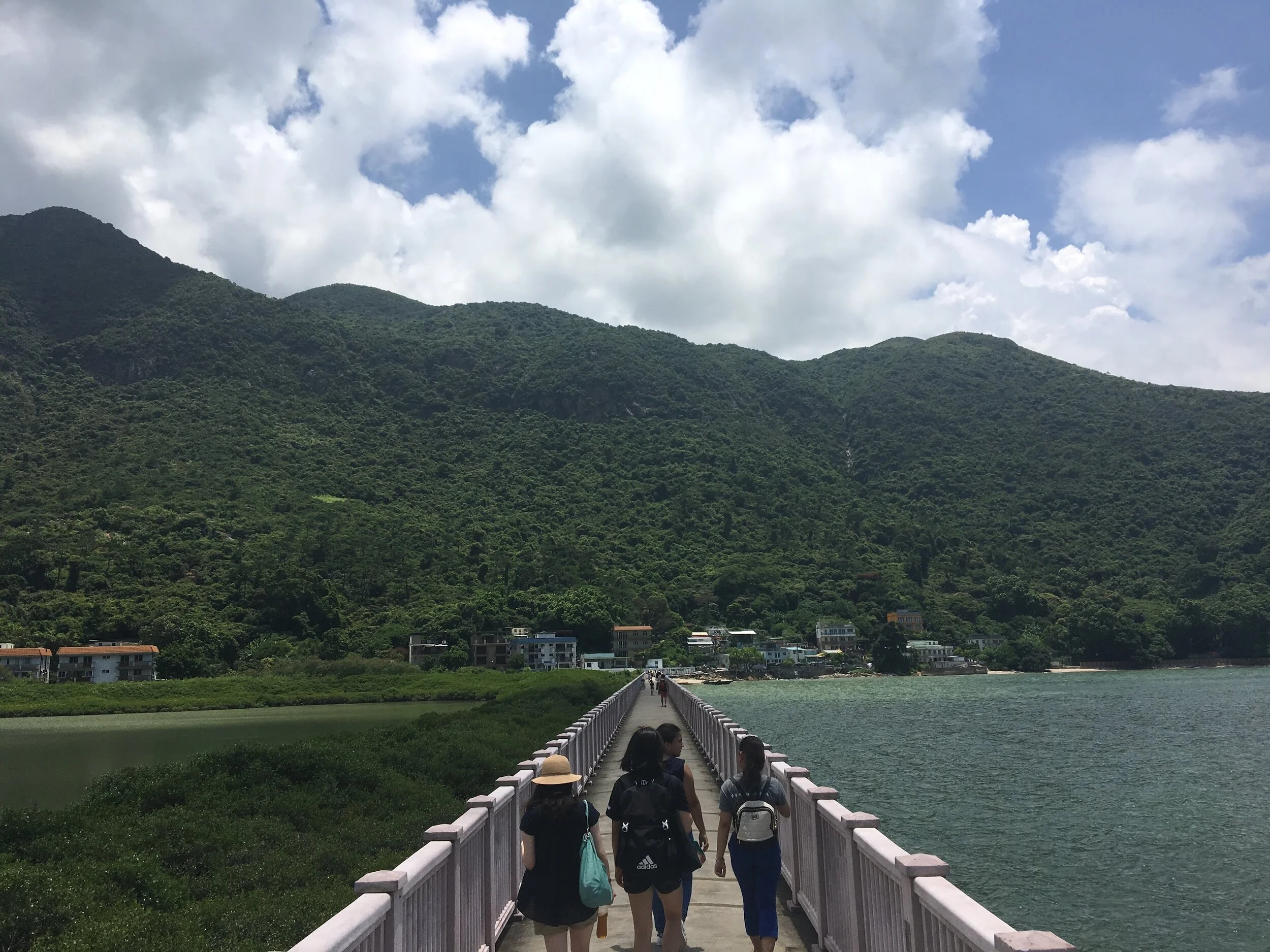Your Anti-Racism Must Include Asian Americans
/Lunar New Year is the time for the dragon dance in Chinese culture—performed to ward off evil. Any chance it has the same effect on racism as well?
Taken in Mokpo, South Korea
This year, Black History Month and the Lunar New Year overlapped in the month of February. And while there is subsequently and rightfully a significant amount of narrative around uplifting Black voices, we don’t see anywhere near the same movement around Asian and Asian American voices, at any point of the year. I am only a single voice--one that doesn’t really have much of an audience honestly--but this month, I want to use my voice and my platform to uplift those of another group that faces racism, hate, marginalization and discrimination in the US and across the globe.
I SEE YOUR ANTI-ASIAN SENTIMENTS, AND IT IS NOT OKAY.
Even looking at just the US, unsolicited aggression, harassment and hate crimes directed towards/against Asians and Asian Americans have dramatically increased since the beginning of the pandemic. The worst part is, I don’t even see these incidents (some of which are fatal) being circulated through the mainstream news circuits--it’s mostly via social media that I’m able to learn about them. It’s bad enough that general representation of Asians & Asian Americans in the media is significantly lacking in this country--but if you ask me, the fact that their pain doesn’t even warrant coverage tells a lot about the precarious state that Asian Americans sit at in this country.
Oddly enough, I heavily identify with Asians and Asian Americans in a lot of ways. I don’t mean this in any genealogical sense--ethnically, I am Nigerian/West African through and through. However, I’ve spent a portion of my early 20s living in East Asia, and I can say without a doubt that I was able to create some of the best memories of my life thus far during those periods. Thus, living, working, eating and communicating with Asians became one of my comfort zones. But even before spending time in East Asia, I found that I also was often able to relate deeply with my classmates of Asian descent. We formed bonds through an experience that surpasses race and skin color--that of being children of immigrants. Situated in majority-white spaces and communities, we were able to relate to our experiences of growing up in households that didn’t reflect society, within a society that didn’t reflect ourselves.
But actually: None of that matters.
Because, as it turns out, a person doesn’t have to go live in Asia to know that people of the Asian diaspora deserve safety, respect & support no matter where they are in the world. In fact, the experiences that probably most shaped my views happened right here on American soil, in the classrooms of my public school education. Seeing my classmates and knowing the stories of their families provided me with the tacit understanding that being American actually means the mixing, coexisting, mingling and learning from everyone and anyone, regardless of variations in appearance, race or ethnic background.
But admittedly, what makes this particular string of malicious events all the more poignant for me is that as a black woman, I know exactly what it’s like to see members of my community be on the receiving end of an onslaught of racially-charged physical and verbal violence. It’s not a fun club to be part of, and certainly not one that anyone should be affiliated with; and for that, I solemnly lend my Asian and Asian Americans friends a hand in empathy to say “I see your pain--and it matters.”
The zing word that has recently reemerged to become central to conversations surrounding racial justice is anti-racism. It was conjured to show that it’s not enough to be “not racist”; rather, to effectively be the opposite of racist, one should actively be undermining racist behaviors and agenda through knowledge and action. This, I believe, is good stuff--but I also want us to remember that this is not just a Black-White issue. I would even go as far as to say that any anti-racism work is actually incomplete if it doesn’t include Asian Americans and Pacific Islanders. We can’t just expect the work to advance racial justice and equity for Black people to provide rollover benefits for the AAPI community also; and if anything, the recent events are a testament to this fallacy. We as a nation, as a world, need to put in the specific work--and it starts with all of us. With me. With you.


